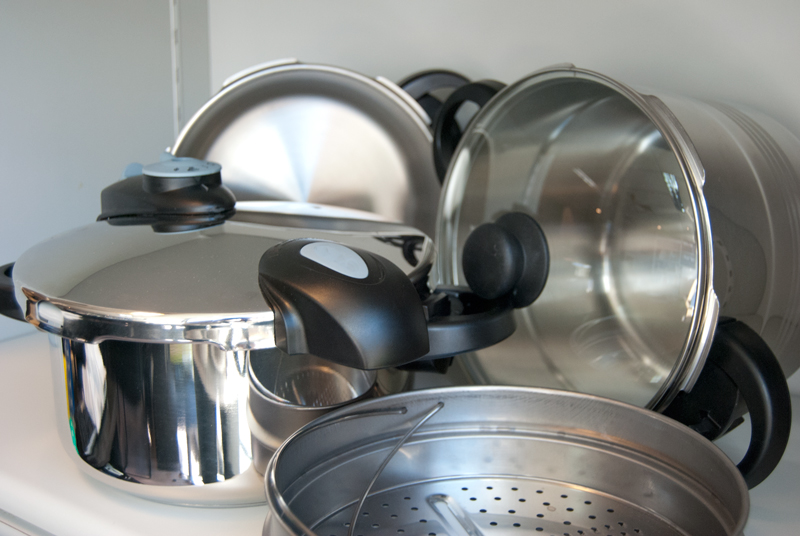Food industry
Stainless Steel has played a key role in the production and preparation of food and drink over 70 years. It is chemically inert and its constituent metals do not react with or transfer to food in any significant way.
In 2013, the Council of Eurpe (CoE) published a new guideline on metals and alloys in food contact materials, with prescribed limits for metal transference and a new, more aggressive test to simulate use in food preparation. Team Stainless, a consortium of stainless steel and alloying element associations commissioned the internationally renowned KTH Royal Institute of Technology in Sweden, to independently test seven grades of stainless steel in accordance with the new protocol.
Food industry is an essential sector where materials with high level of exigency are required and also where materials are submitted to the harshest conditions. Among all the properties that make stainless steel a unique material, its hygienic character is the most significant one, because:
1 Its compact surface with no porosity.
2 Its high resistance to impacts and mechanical solicitations.
3 Its high resistance to sudden changes in temperature.
4 The absence of any fragile coating.
5 Its high resistance to corrosion.
